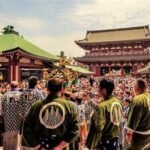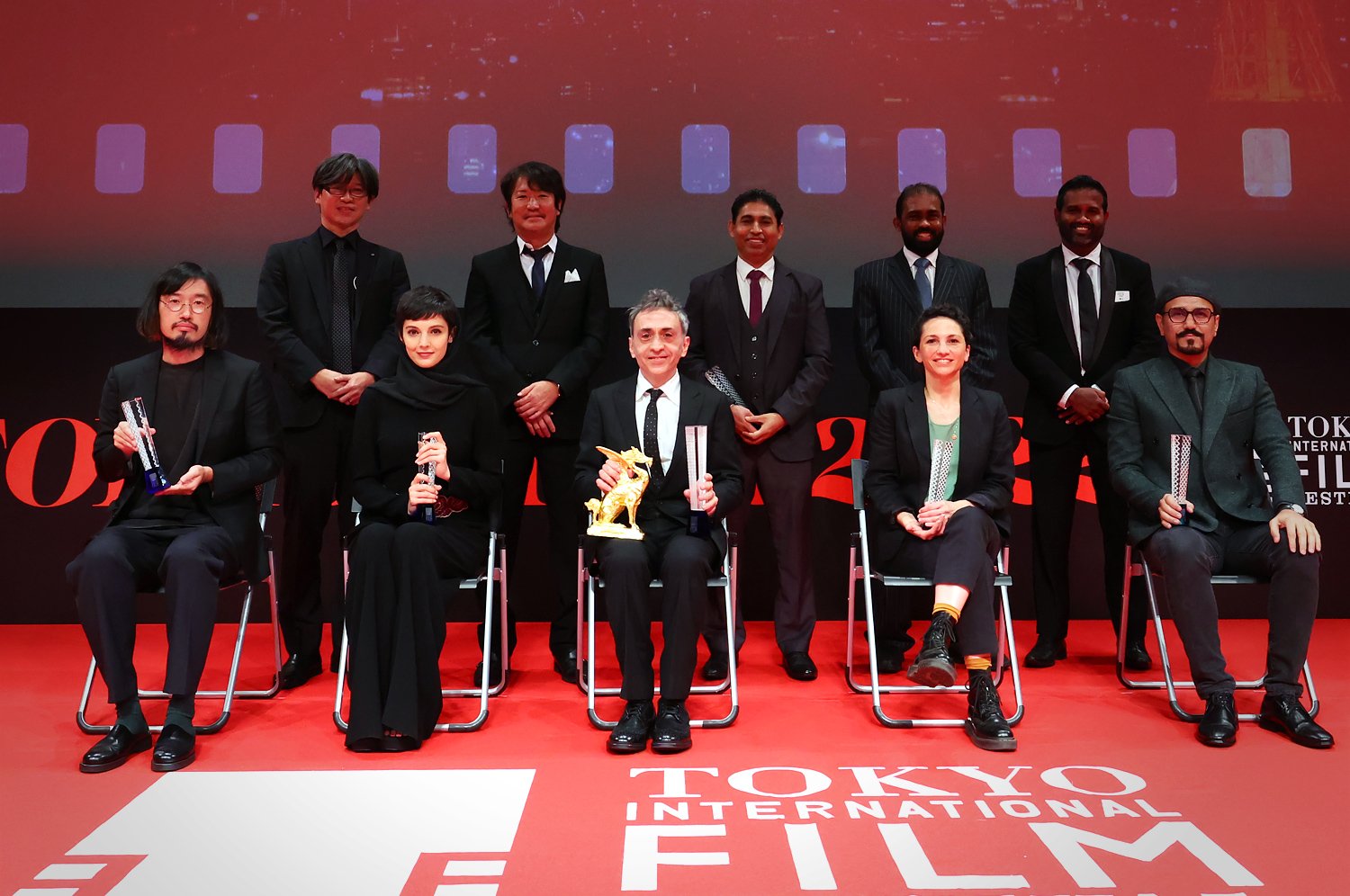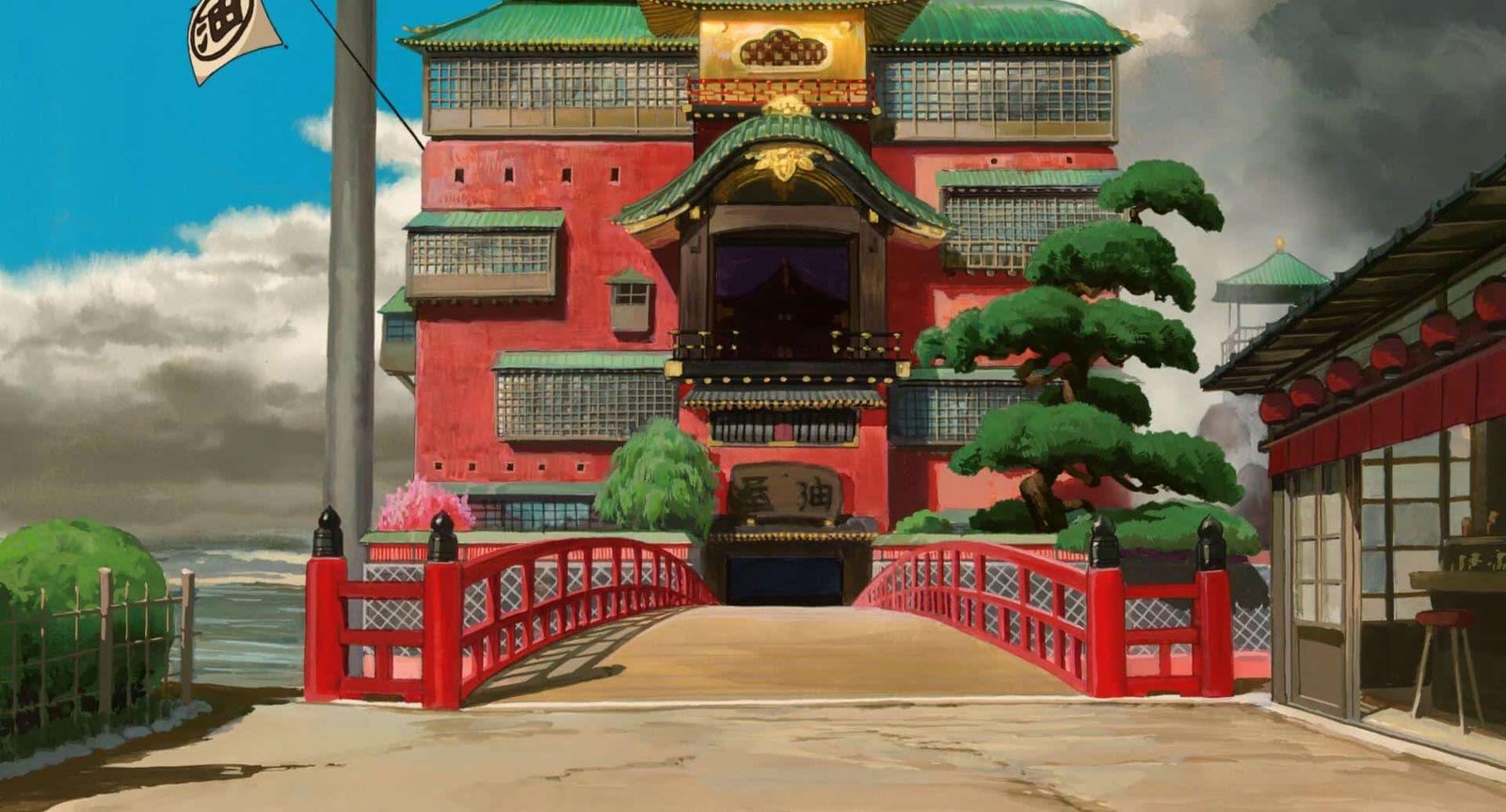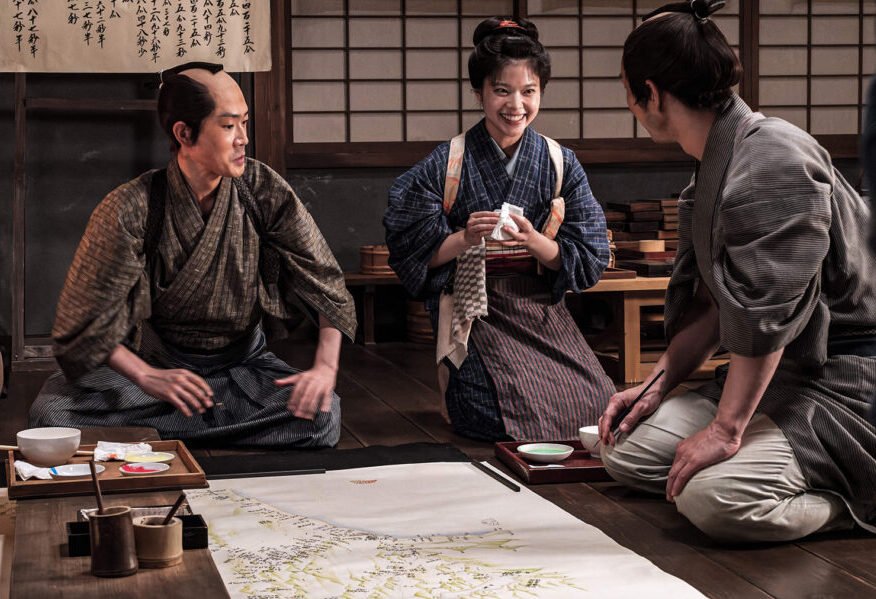Japanese cinema has long captivated audiences around the globe, with its distinctive storytelling, rich history, and diverse genres. From samurai epics to modern anime, Japan’s contributions to world cinema have left a lasting impact. International film festivals have been essential in promoting Japanese films, offering a platform to showcase both classic and contemporary works. Here are some of the top international film festivals that highlight Japanese cinema and contribute to its global success.
1. Cannes Film Festival (France)
The Cannes Film Festival, one of the most prestigious film festivals in the world, has been a significant platform for Japanese filmmakers. The festival has recognized Japanese directors like Akira Kurosawa, Hirokazu Kore-eda, and Naomi Kawase, celebrating their work with awards and global attention.
- Notable Japanese Films at Cannes:
- Rashomon (Akira Kurosawa) – Won the Palme d’Or in 1951.
- Shoplifters (Hirokazu Kore-eda) – Won the Palme d’Or in 2018.
- The Mourning Forest (Naomi Kawase) – Won the Grand Prix in 2007.
Cannes continues to be a significant venue for Japanese films, particularly in its Un Certain Regard section, which showcases emerging talent and innovative storytelling from Japan.
2. Berlin International Film Festival (Germany)
The Berlin International Film Festival, or Berlinale, has a strong history of celebrating Japanese cinema. Known for its political and socially conscious films, Berlinale has highlighted Japanese directors who tackle complex societal issues.
- Notable Japanese Films at Berlinale:
- The Woman in the Dunes (Hiroshi Teshigahara) – Won the Jury Prize in 1964.
- Our Little Sister (Hirokazu Kore-eda) – Nominated for the Golden Bear in 2015.
- Family Romance, LLC (Werner Herzog) – A Japanese-German collaboration that premiered in 2020.
Berlinale’s Panorama section often features cutting-edge Japanese films, giving lesser-known filmmakers a chance to reach an international audience.
3. Venice Film Festival (Italy)
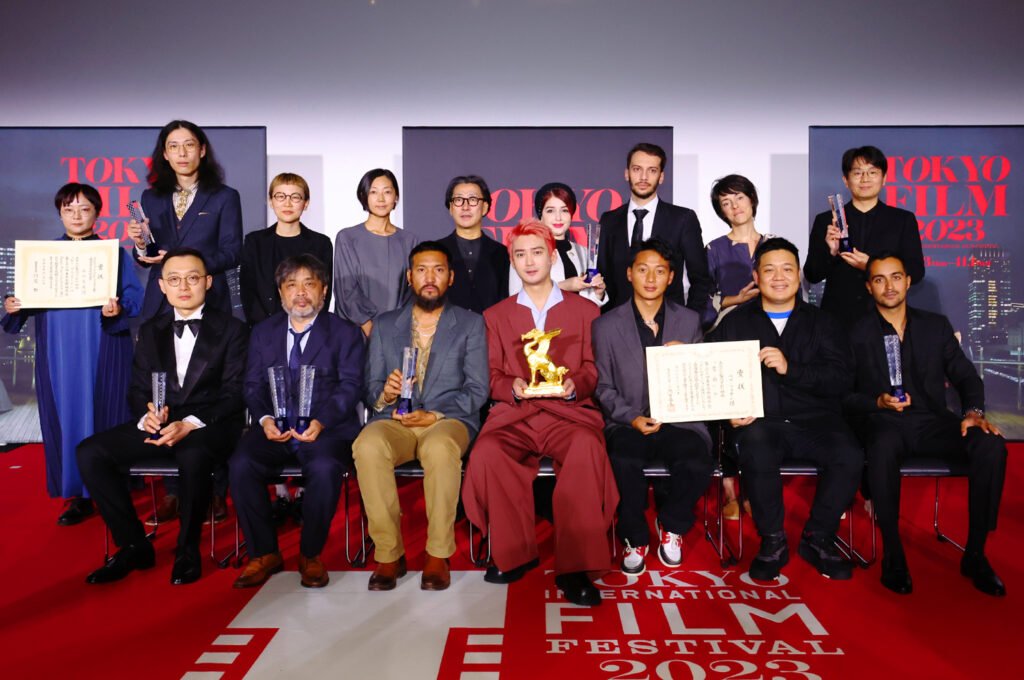
The Venice Film Festival, the oldest film festival in the world, has been a crucial platform for Japanese directors since the early days of international cinema. Venice is known for celebrating auteur-driven films, and many Japanese filmmakers have gained recognition through its spotlight.
- Notable Japanese Films at Venice:
- Rashomon (Akira Kurosawa) – Won the Golden Lion in 1951, bringing global attention to Japanese cinema.
- Zatoichi (Takeshi Kitano) – Won the Silver Lion in 2003.
- Aru Sendo no Hanashi (Takashi Miike) – Premiered in 2019.
Venice remains one of the most respected venues for Japanese films, offering a prestigious stage for both established directors and emerging voices.
4. Toronto International Film Festival (Canada)
The Toronto International Film Festival (TIFF) is one of North America’s most influential film festivals, often regarded as a launchpad for films entering the Oscar race. TIFF has showcased a wide range of Japanese films, from anime to indie dramas, helping these films find distribution in North America.
- Notable Japanese Films at TIFF:
- Your Name (Makoto Shinkai) – Premiered in 2016, becoming a global anime sensation.
- Like Father, Like Son (Hirokazu Kore-eda) – Premiered in 2013, winning audience praise.
- In the Realm of the Senses (Nagisa Oshima) – A controversial classic that garnered attention at TIFF.
TIFF’s focus on international cinema allows Japanese filmmakers to reach wider Western audiences and foster critical acclaim.
5. Sundance Film Festival (USA)
While the Sundance Film Festival is known for its focus on independent cinema, it has increasingly featured Japanese films, particularly those with experimental and avant-garde approaches. Sundance’s unique emphasis on fresh voices and new storytelling styles has made it a home for many emerging Japanese directors.
- Notable Japanese Films at Sundance:
- We Are Little Zombies (Makoto Nagahisa) – Won the World Cinema Dramatic Special Jury Award in 2019.
- Kusama: Infinity (Heather Lenz) – A documentary on Yayoi Kusama that captivated audiences in 2018.
- Love Exposure (Sion Sono) – Premiered at Sundance in 2009, gaining a cult following.
Sundance has become a valuable platform for Japanese filmmakers looking to experiment with form and narrative.
6. Busan International Film Festival (South Korea)
As one of Asia’s largest film festivals, the Busan International Film Festival (BIFF) has been instrumental in promoting Japanese cinema to a broader Asian and international audience. BIFF is known for its focus on Asian films, and Japanese directors often premiere their films here to gain attention from both regional and global markets.
- Notable Japanese Films at BIFF:
- A Bride for Rip Van Winkle (Shunji Iwai) – Premiered in 2016.
- My Friend “A” (Takahisa Zeze) – Screened at BIFF in 2018.
- The Great Passage (Yuya Ishii) – Showcased at BIFF, later becoming Japan’s submission for the Academy Awards.
BIFF’s commitment to fostering dialogue between filmmakers across Asia has strengthened its role as a crucial platform for Japanese cinema.
7. Locarno Film Festival (Switzerland)
The Locarno Film Festival is renowned for its celebration of auteur-driven and avant-garde films. Japanese filmmakers who push the boundaries of cinema have often found success at Locarno, with its audience appreciating films that challenge traditional storytelling.
- Notable Japanese Films at Locarno:
- Maborosi (Hirokazu Kore-eda) – Won the Golden Leopard in 1995.
- Kairo (Kiyoshi Kurosawa) – Premiered in 2001, gaining a cult following.
- The Death of Mr. Lazarescu (Cristi Puiu) – A Romanian-Japanese collaboration showcased in 2005.
Locarno’s emphasis on artistic experimentation and creativity makes it a perfect venue for Japan’s unique cinematic voice.
8. Rotterdam International Film Festival (Netherlands)
The International Film Festival Rotterdam (IFFR) is known for its support of experimental cinema, making it a favorite for Japanese filmmakers who embrace unconventional narratives and styles. IFFR’s wide-ranging programming often includes both well-known and underground Japanese films.
- Notable Japanese Films at IFFR:
- The Whispering Star (Sion Sono) – Premiered in 2015, reflecting Sono’s signature experimental style.
- Tokyo Sonata (Kiyoshi Kurosawa) – Screened at IFFR, gaining international acclaim for its social commentary.
- Journey to the Shore (Kiyoshi Kurosawa) – Showcased in 2015, winning the Un Certain Regard Award at Cannes.
IFFR continues to be a vital venue for Japanese filmmakers exploring new horizons in storytelling.
9. Hong Kong International Film Festival (Hong Kong)
The Hong Kong International Film Festival (HKIFF) is a leading platform for Asian films, and Japanese cinema has always had a strong presence. HKIFF frequently showcases the best of Japanese independent and commercial films, offering access to a broad audience across Asia.
- Notable Japanese Films at HKIFF:
- The Third Murder (Hirokazu Kore-eda) – Premiered at HKIFF in 2018.
- Sweet Bean (Naomi Kawase) – A heartwarming film showcased at HKIFF in 2015.
- Battle Royale (Kinji Fukasaku) – Screened in 2000, becoming a cult classic.
HKIFF’s focus on Asian cinema makes it a natural home for Japanese filmmakers to gain recognition and grow their audience base.
10. Sitges Film Festival (Spain)
For fans of genre films, particularly horror, sci-fi, and fantasy, the Sitges Film Festival has become the go-to destination for Japanese filmmakers. Japanese horror films, known for their unique blend of psychological and supernatural elements, often find success at Sitges.
- Notable Japanese Films at Sitges:
- Audition (Takashi Miike) – A landmark in Japanese horror, premiered in 1999.
- Ju-On: The Grudge (Takashi Shimizu) – Screened in 2003, cementing the legacy of J-horror.
- One Cut of the Dead (Shinichiro Ueda) – A low-budget zombie hit, premiered in 2018.
Sitges is one of the most influential genre film festivals, and its embrace of Japanese horror has introduced global audiences to the unique terror of J-horror.
Conclusion:
International film festivals have been instrumental in bringing Japanese cinema to a global stage. From Cannes and Berlin to smaller, niche festivals like Sitges, these events have helped shape the perception of Japanese films and promote the rich diversity of its cinema. As Japanese filmmakers continue to innovate, these festivals will remain crucial in supporting their work and introducing it to new audiences around the world.





